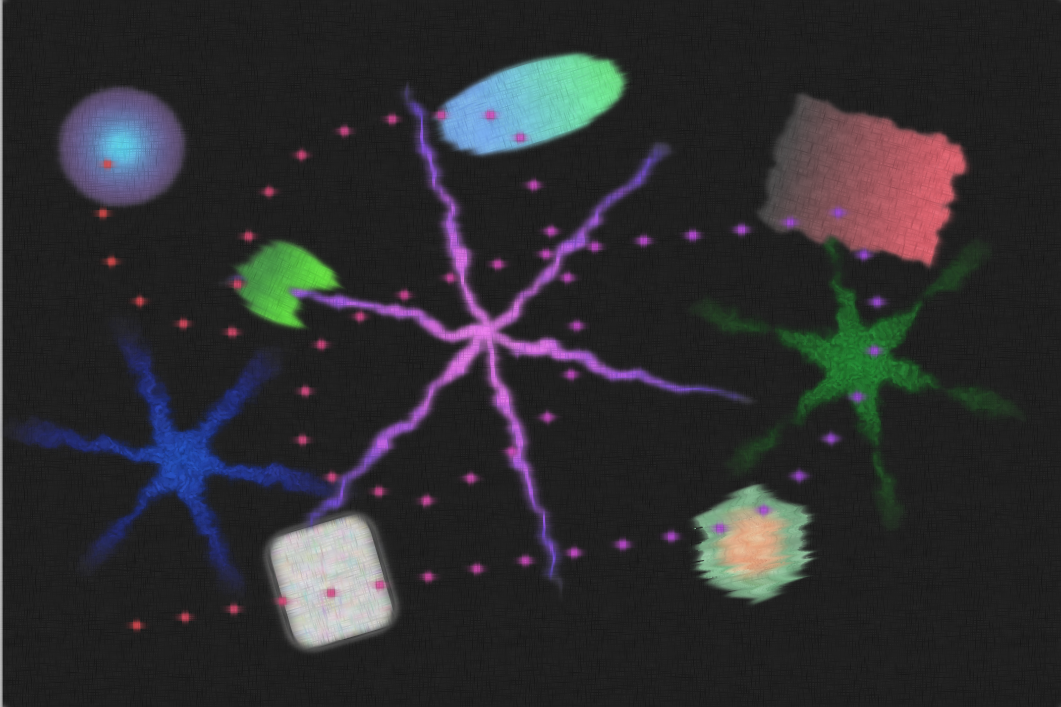

I’m of multiple minds on it, but the short of it is, I don’t feel out of the pop culture loop, I know I’m out of it being around here.
On one hand I don’t mind that, as I’m frustrated by pop culture essentially being mass market culture. It’s not typically something that arises from people interacting and creating together from shared passions, it’s produced and pushed by big businesses. Nothing novel about this observation or frustration, but it’s a vibe I resonate with.
On the other I know if ever you want people to shift into a popular culture produced in the alternative manner mentioned, you gotta accept the transitional situation of entertaining the mass market culture alongside what you’re trying to cultivate. It’s too jarring for many to switch over entirely, and frankly there’s not enough contemporary non-commercial culture to keep people’s interest to justify any attempts at a complete switch.
So in a way, yeah, but also I’m more bummed that it’s so difficult to create an alternative non-commercial pop culture.
obligatory
'cause capitalism trying to monopolize everybody’s time and make everyone feel they gotta make everything make money

I don’t know the exact neuroscience behind it, but suspect this relates to the fallibility of memory, and whatever goes in in the brain during learning and reasoning.
So you know of multiple bands and songs, you attempt to relate a specific band and song, but because of some murky memories and rough recall, you briefly relate the wrong pieces of information, recognize the mistake, and correct for it. How that process works precisely may vary across people and their methods of recall and knowing.
In a way I suspect that the false-positive you mention may be a sort of synaptic shortcut to the correct information through whatever systems are at play in the brain for this reasoning. For some it may be that this process of rapid error correction is sometimes faster than immediate, accurate recall, or may be more of an unconscious aspect of accurate recall.